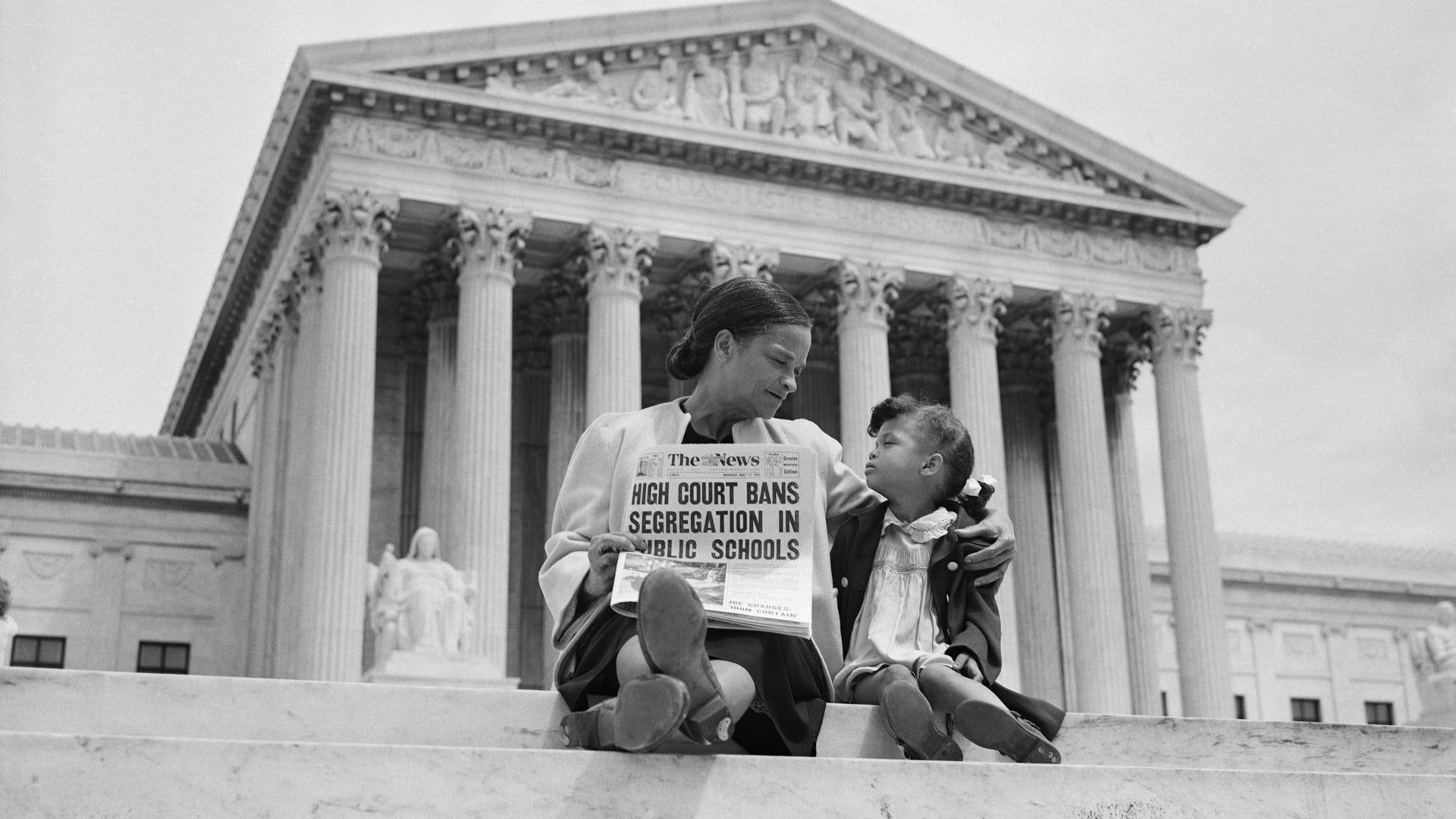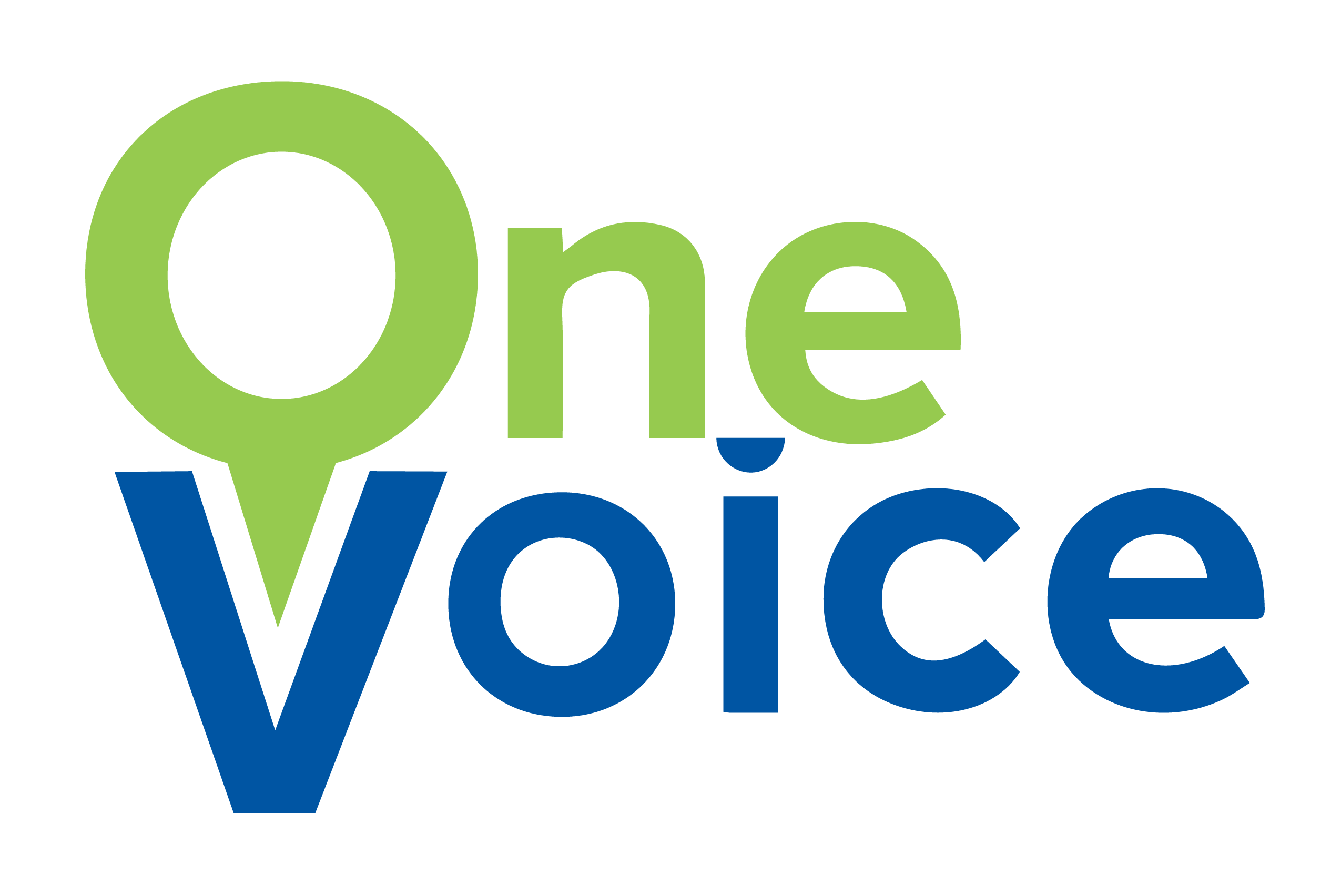
The landmark Brown v. Board of Education case may seem like a lifetime ago, but as we commemorate its 70th anniversary, it’s important that we reflect on the history and future of public education on both the state and national level.
Though the U.S. Supreme Court ruled that “separate but equal” laws were unconstitutional on May 17, 1954, the reality was much more complex, as white families began pulling their children out of public schools in droves, opting instead to send them either to existing private schools or newly created “segregationist” academies that began cropping up practically overnight.
Of course, it’s a parent’s right to enroll their children in private schools. What is unethical, immoral, and even illegal is that lawmakers immediately began funneling money from the public schools to pay the tuition for many of the white students whose parents voluntarily removed them from the system rather than have them attend integrated schools with Black children.
And here we are, 70 years later, and not much has changed.
“Even today, the work of Brown is far from finished,” according to the National Association for the Advancement’s Legal Defense Fund. “Over 200 school desegregation cases remain open on federal court dockets; LDF alone has nearly 100 of these cases.”
As we fight those injustices in courtrooms across the country, we are also at war with state lawmakers over related battles in Mississippi: the gross underfunding of the Mississippi Adequate Education Program (MAEP), as well as the growing threat of school privatization and the millions it diverts from the state’s public schools, many of which are crumbling due to lack of resources.
Here’s the deal: 90% of the state’s children attend public schools, yet legislators have underfunded the MAEP, which determines public school funding, by more than $3 billion since 2008. For this school year alone, they’ve underfunded schools by $175 million.
To make matters worse, in 2022, lawmakers handed over an astounding $10 million in federal taxpayer funds to private schools that should have instead been earmarked for public schools.
Our children, regardless of the communities in which they live, deserve a color-blind, high-quality education provided by certified teachers in technologically up-to-date classrooms at highly-rated schools. That promise will be yet another dream deferred if lawmakers aren’t held accountable for their efforts at using public-school money to fund private schools, and continuing to underfund MAEP.
That’s why we cannot take our eyes off the promise of a high-quality education for all children, regardless of race or wealth. Brown v. Board of Education was a major hurdle toward ensuring all children have the same access to a quality education. But we must not grow complacent, for the race is not yet over.

Our mission is to ensure an equal voice for traditionally silenced communities. When One Voice’s work is done, we envision a Mississippi with a healthy vibrant thriving neighborhoods, schools, economy, and most importantly families.
123 Main Street
New York, NY 10001
One Vision. One Village. One Voice